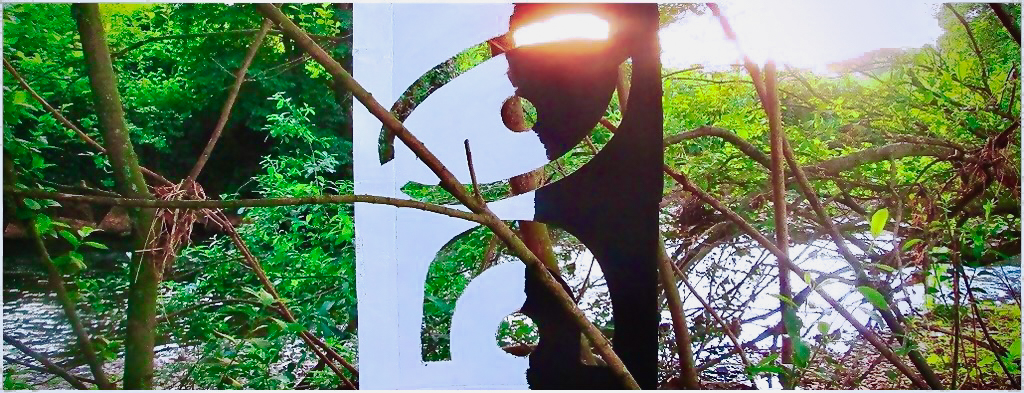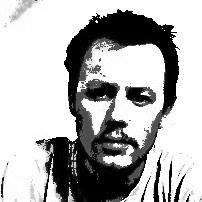
‘If the doors of perception were cleansed every thing would appear to man as it is, Infinite.’ ~ William Blake

dub: a copy of.
spectrum: the entire range.
dub spectrum is a DIY ethos focusing primarily on writing and lens-based media. I integrate photography, situational note taking and walking in nature to create poetical spaces. The form orientates from an embodied, transient experience alongside the interrelation between a poem’s rhythmic use of words to create imagery and compositional techniques in landscape photography: both expressing ways of seeing beyond time. I write various works under the pseudonym Percival Alexander. Here, I tend to explore themes of existential despair and transformation in an absurd world. This started out as incorporating short written pieces into paintings on plasterboard (drawing inspiration from the literary style of Nietzsche’s Thus Spake Zarathustra and Oscar Wilde’s prose poems), which gradually evolved into longer reads. dub spectrum is constantly evolving, but I would say it largely centres around the tension between Blake’s innocence and experience.
I attained a bachelor’s in contemporary arts from the Nottingham Trent University and later a master’s degree in fine art at Central Saint Martins, Byam Shaw School of Art, London. Originally an abstract painter, I began writing while living in the capital and had poems published in various indie zines before developing an interest in landscapes after returning to Devon (and living in Cornwall for a year). I have travelled Europe, Morocco, Australia and New Zealand, participated in exhibitions in both the UK and abroad and collaborated with artists as far afield as Thailand. Much of my work evolved into ephemeral, site specific pieces placed in cities from Bristol, London and Paris to rural locations of my native Dartmoor, which developed into writing and lens-based media becoming the main concern. An introduction to my debut novel, Adrift in Amnesia, can be found here. Paperback and Kindle editions available to purchase here. Info about my first book of poetry, The Cycle Diaries, can be found here. Paperback edition available here.
contact: unityofkana(at)gmail.com